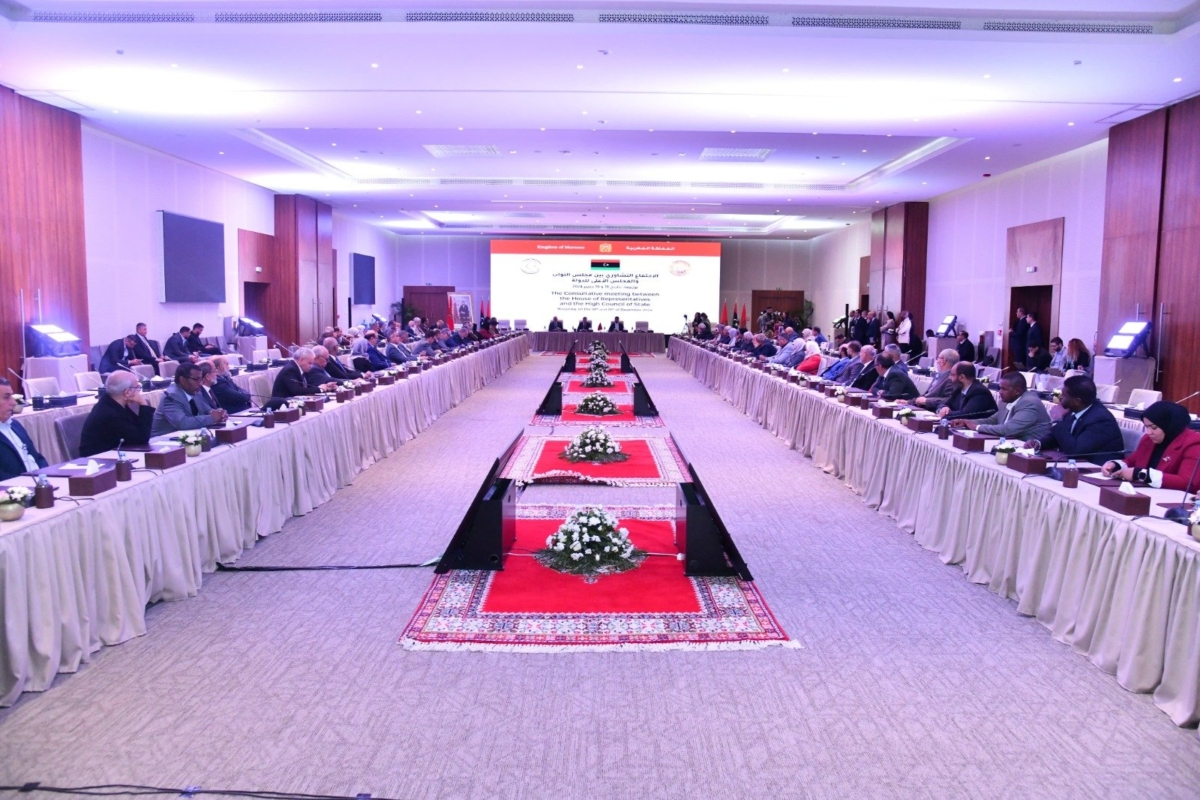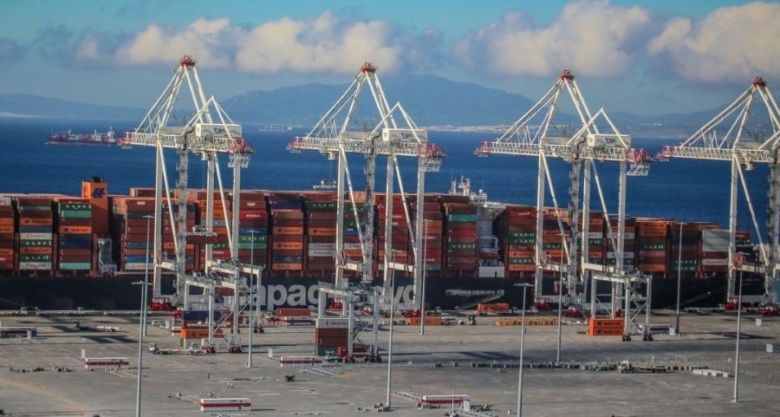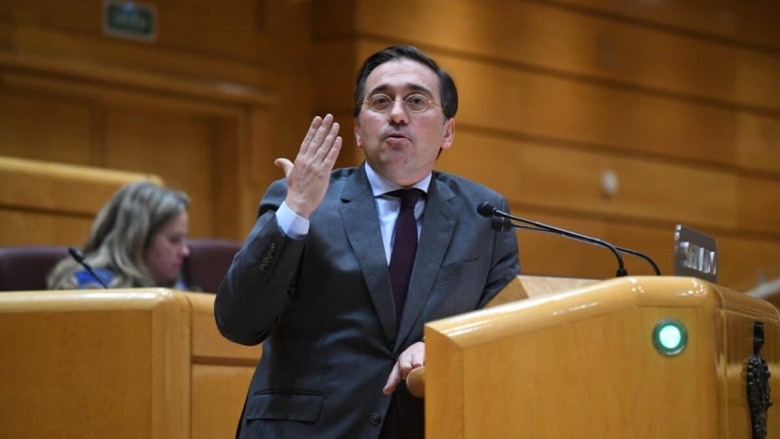The Libyan House of Representatives and the High State Council agreed on Thursday in Bouznika to continue their joint meetings with a view to promoting national reconciliation, the peaceful resolution of the Libyan crisis, and the unification of sovereign institutions.
In the final statement issued at the conclusion of the two-day consultative meeting held by the two institutions, and read by the member of the High State Council, Saleh Mitou, emphasis was placed on the need to continue contact between the presidencies of the two institutions and their members, as well as their joint meetings to support national reconciliation, the peaceful resolution of the crisis, and the unification of divided sovereign institutions.
In this regard, it was agreed on the imperative to prioritize competence and merit in managing institutions to ensure full respect for the principles of transparency and accountability.
The House of Representatives and the High State Council also agreed that "the solution in Libya, the completion of the transition process, and the restoration of stability depend on free and transparent elections based on the '6+6' laws adopted by the official institutions, endorsed by the UN Security Council resolutions, and welcomed by all components of society, NGOs, and political parties."
The final statement reports an agreement reached the day before, in preparation for launching a joint action between the House of Representatives and the High State Council to resolve various issues, particularly through elections, the restructuring of the executive power, institutional and financial reforms, as well as security, national reconciliation, fair resource distribution, and development based on active local governance.
The two parties also expressed satisfaction with their cooperation with the UN Mission and their determination to support joint action in accordance with the mandates of the two institutions and the mission, in order to move towards a solution to the crisis and develop a roadmap with a well-defined timeline, ensuring Libyan ownership of the political process through official institutions, and in line with a sound legal framework based on the Constitutional Declaration, the political agreement, and relevant Security Council resolutions.
According to the statement, this consensus crowns the joint efforts of the House of Representatives and the High State Council to overcome the political deadlock and move beyond the transition, based on the compromises achieved by the two institutions in Tunisia and Egypt.
The Kingdom of Morocco, in accordance with the High Instructions of King Mohammed VI, hosted a series of inter-Libyan dialogue rounds in Skhirat in December 2015, culminating in the "Skhirat Agreement," which marked a turning point in resolving the Libyan crisis.
This agreement led to the formation of a Presidential Council for the Government of National Unity, the establishment of mechanisms for unifying state institutions, and the organization of electoral processes to complete the building of state institutions and ensure the sovereignty and territorial integrity of the country, in order to meet the aspirations of the Libyan people for progress, prosperity, and development.






